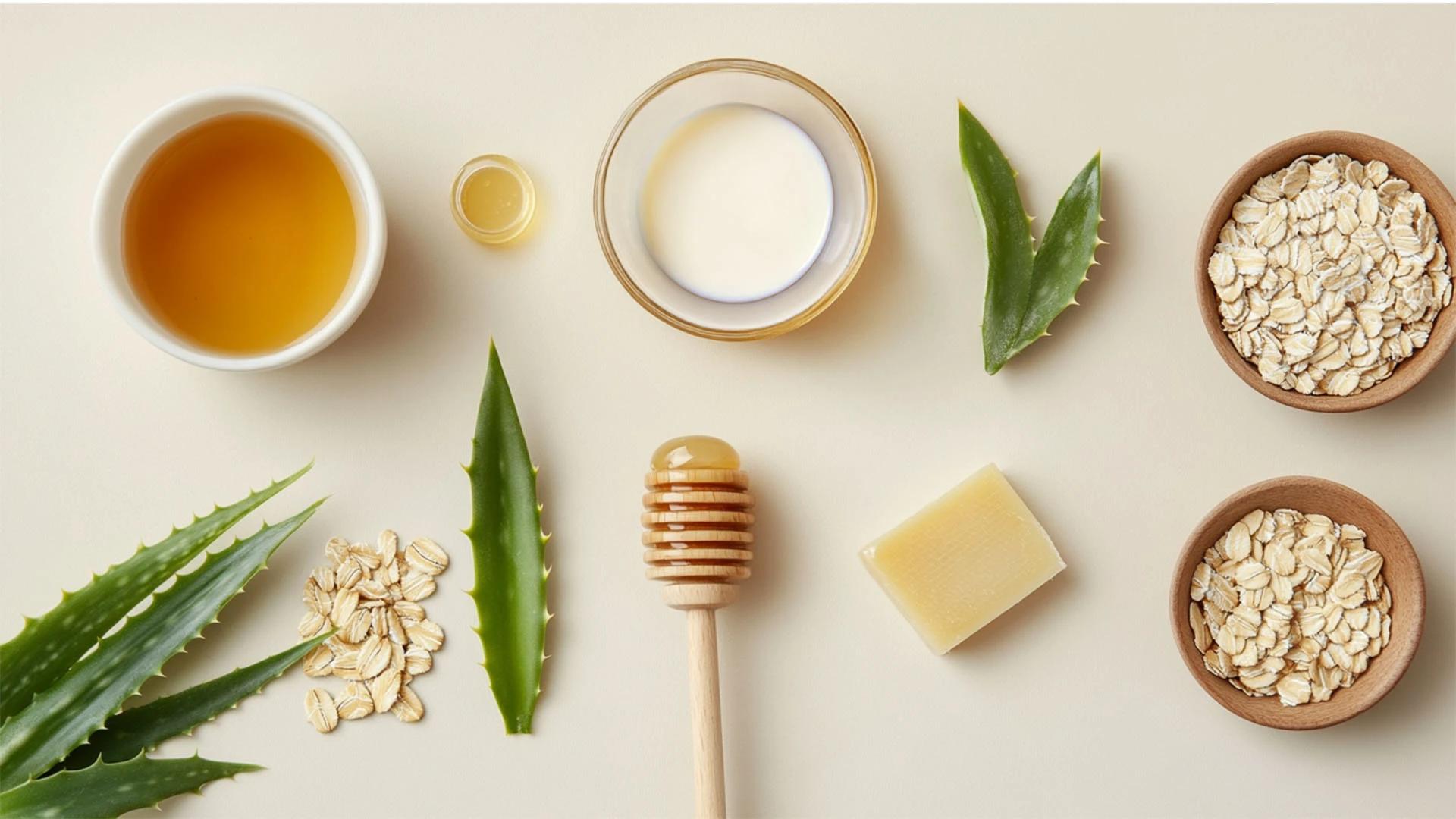Walking down the fragrance aisle feels like navigating a maze, doesn't it? Terms like perfume, scent, cologne, and eau de toilette get thrown around like they're interchangeable. But here's the thing—they're actually quite different. Understanding these differences isn't just for fragrance snobs; it's your ticket to finding exactly what you're after. Whether you're trying to decode what makes one bottle cost more than your entire skincare routine or figuring out why your mate's fragrance lasts all day while yours disappears by lunch, we've got you sorted. Let's break down the real difference between perfume and scent once and for all.
Understanding Fragrance Terminology
Let's be real—fragrance terminology can feel like learning a new language. But once you crack the code, shopping for your next signature scent becomes so much easier. Think of it like understanding the difference between foundation and concealer; they're related but serve different purposes.
Knowing these terms helps you communicate what you want when you're browsing or asking for recommendations. It's the difference between saying "I want something that smells nice" and "I'm looking for an eau de parfum with woody base notes." The latter gets you exactly what you're after, whilst the former might leave you with something completely off the mark.
The Essence of Perfume
Perfume is basically the heavyweight champion of the fragrance world. It's been around for centuries, originally crafted for royalty and the elite. Today, it represents the most concentrated and longest-lasting form of fragrance you can get your hands on.
Culturally, perfume has always been about making a statement. It's personal, intimate, and often becomes part of someone's identity. You know that feeling when you catch a whiff of a scent that instantly reminds you of someone? That's the power of a good perfume.
Perfume Composition
Perfume composition is where the magic happens. At its heart, you'll find a blend of aromatic compounds, alcohol, and water. Essential oils in perfumery play a starring role—they're what give each fragrance its unique character and depth.
The artistry lies in balancing natural extracts like rose or sandalwood with synthetic compounds that create those impossible-to-replicate scents. It's basically chemistry meets creativity, and the results can be absolutely mesmerising.
Fragrance Concentration Levels
Here's where things get technical, but stick with us. Fragrance concentration levels determine how strong your scent will be and how long it'll stick around. Parfum sits at the top with 20-40% aromatic compounds, followed by Eau de Parfum (15-20%), then Eau de Toilette (5-15%).
Higher concentration means better fragrance longevity and intensity. That's why parfum costs more but also why a tiny dab can last from morning coffee to evening dinner plans.


 Kit
Kit 100 ml
100 ml Combo
Combo 10 ml
10 ml